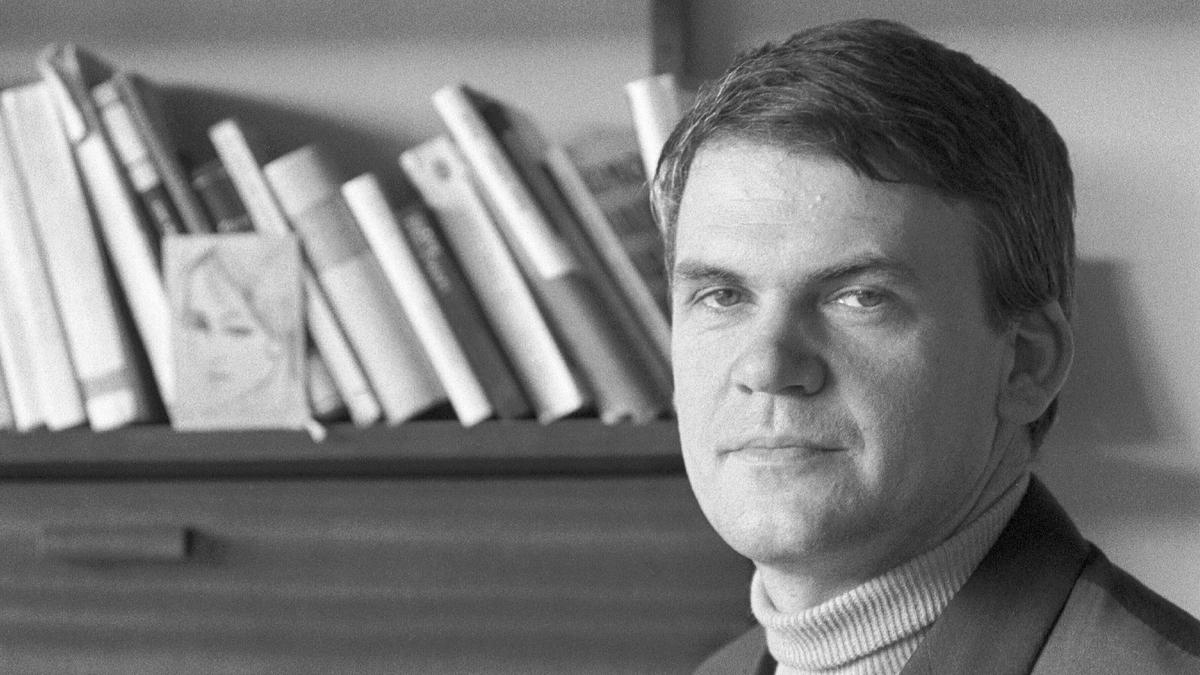
A life spent in inventing stories, asking questions about everything
The Hindu
In a world which is still redrawing borders, with a war on in Europe, Milan Kundera’s books are chillingly relevant for the questions it asks.
“We can never know what we want, because living only one life, we can neither compare it with our previous lives nor perfect it in our lives to come.”
As news spread on July 12 of the passing away of Milan Kundera, the great Czech existential writer, at 94, his readers began quoting from arguably his most well-known book, The Unbearable Lightness of Being, published in 1984.
The novel traces the lives of two couples, Tomas and Tereza and Sabina and Franz, as Soviet tanks roll through Prague, the Czech capital. And asks several questions: When life feels like a heavy burden, what should they choose? Weight or lightness? Should they crumble or soar into the air and be lighter than air?
Kundera spent a lifetime inventing stories, confronting one with another, and by this means asked questions about everything — life and death, political and personal, forgetting and remembrance. And exile. He once told American writer Philip Roth that the “wisdom of the novel comes from having a question for everything”.
His treatment of deep, existential ideas and questions — “the lightness/weight opposition is the most mysterious, most ambiguous” — navigating his day-to-day world in a seemingly playful manner, made both critics and readers happy.
But most of all, his books are an indictment against totalitarianism, as he wrote in his 1979 novel The Book of Laughter and Forgetting, “The struggle of man against power is the struggle of memory against forgetting.”
For Salman Rushdie, this sentence illuminated his understanding of events all over the world, he told The Guardian.





















 Run 3 Space | Play Space Running Game
Run 3 Space | Play Space Running Game Traffic Jam 3D | Online Racing Game
Traffic Jam 3D | Online Racing Game Duck Hunt | Play Old Classic Game
Duck Hunt | Play Old Classic Game











